Over the past few years, the spread of vaccine misinformation has reached unprecedented levels, fueled by viral social media posts and persistent conspiracy theories. The rise in anti-vax myths has led to declining immunization rates, triggering outbreaks of preventable diseases worldwide. In response, 2025 has seen a surge of groundbreaking scientific studies and public health initiatives aimed at dismantling these myths. Armed with the latest research, medical experts are now more equipped than ever to expose and correct vaccine misconceptions, offering clear, evidence-based answers to the public.
1. Vaccines Do Not Cause Infertility

A persistent myth claims that COVID-19 vaccines impair fertility, but this has been thoroughly debunked by science. In 2025, the CDC reaffirmed that vaccines have no impact on fertility in any gender, based on extensive studies tracking reproductive health outcomes. The Mayo Clinic Health System also confirms these findings, strongly recommending vaccination for those planning families. These robust data provide reassurance: vaccines are safe, do not affect fertility, and protect the health of future parents and children.
2. COVID-19 Vaccines Do Not Alter DNA

A widespread misconception is that mRNA or viral vector COVID-19 vaccines can change your DNA. This is scientifically impossible. mRNA vaccines, like those developed for COVID-19, deliver instructions to cells to make a harmless protein, prompting an immune response. These instructions never enter the cell’s nucleus, where your DNA is stored, and are quickly broken down after use. Viral vector vaccines work in a similar way, without integrating into the genome. For more details, visit the CDC’s educational resources.
3. Microchip Myths Debunked

The idea that vaccines contain tracking microchips has been flatly dismissed by both the CDC and WHO. Such technology is not only absent from all vaccines, but also scientifically implausible given current materials and manufacturing limits. There is zero evidence supporting this conspiracy, and health authorities worldwide confirm vaccines contain no microchips, trackers, or surveillance devices.
4. Vaccines Don’t Cause New Variants

A common misconception is that vaccines somehow create new virus variants. In truth, variants arise naturally when viruses mutate during replication. According to the CDC and PublicHealth.org, vaccines actually reduce virus spread, limiting opportunities for mutations. Widespread vaccination is a key strategy in preventing new variants, not causing them.
5. No Link to Long-Term Health Conditions

Fears about vaccines causing chronic illnesses such as autoimmune diseases or neurological disorders have been thoroughly investigated and disproven. The CDC and PublicHealth.org both emphasize that there is no credible evidence linking vaccines to long-term health conditions. Rigorous, ongoing safety monitoring and decades of research consistently show that vaccines are safe, effective, and do not increase the risk of chronic disease.
6. Vaccine Deaths Are Exceptionally Rare

According to the CDC, deaths directly attributable to vaccines are so rare they are statistically negligible. Every reported adverse event is rigorously investigated by health authorities to ensure public safety. The overwhelming majority of vaccines are administered without serious complications, confirming that vaccines remain among the safest preventive tools in modern medicine.
7. Historic Disease Drops Thanks to Vaccines
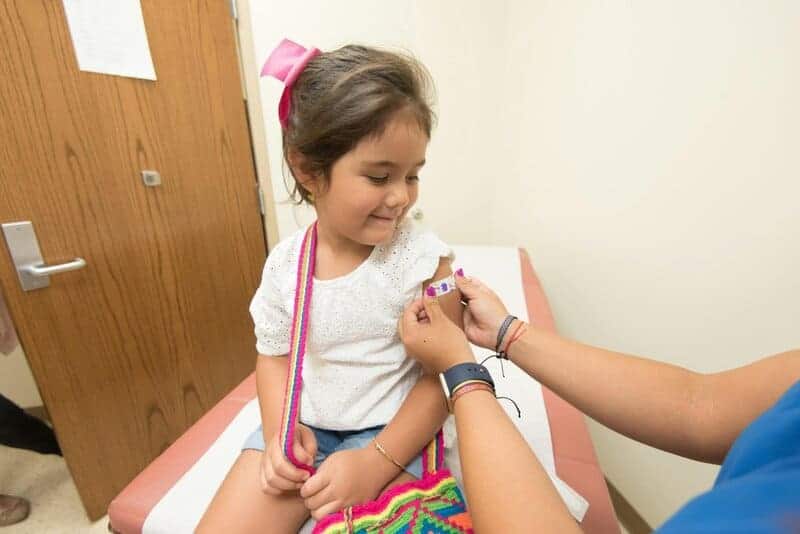
The impact of vaccines on public health is undeniable. After the introduction of the measles vaccine, cases in the U.S. dropped by over 99%, and the incidence of invasive Haemophilus influenzae type b (Hib) disease in children declined by more than 99% as well. According to PublicHealth.org, these dramatic reductions highlight how vaccines have transformed once-devastating diseases into rare occurrences, saving millions of lives and preventing widespread suffering.
8. VAERS Reports Are Not Proof of Causation

The Vaccine Adverse Event Reporting System (VAERS) serves as an early warning system for possible vaccine side effects, but its reports do not confirm causation. Anyone can submit a VAERS report, and entries are not automatically verified or investigated as evidence of harm. The CDC cautions that VAERS data should be interpreted carefully and in context with thorough scientific review.
9. Vaccines Outperform Natural Immunity
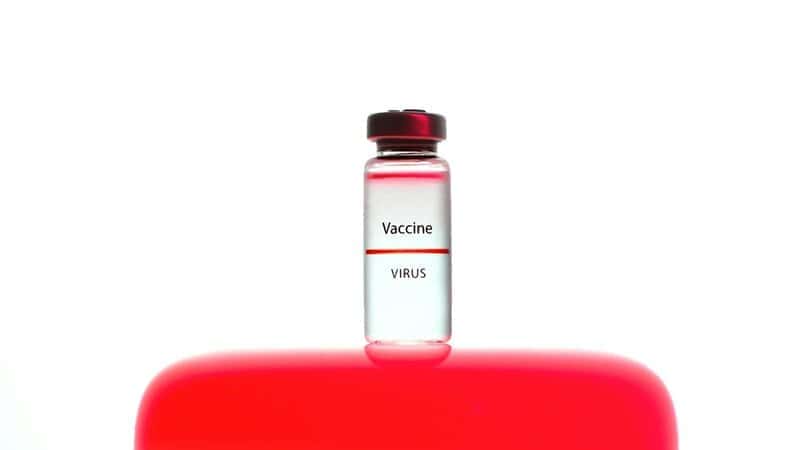
Although recovering from infection can provide some immunity, studies consistently show vaccines offer more reliable and longer-lasting protection. According to Britannica and the CDC, vaccinated individuals have lower rates of severe illness and fewer breakthrough infections compared to those who rely on natural immunity alone. Vaccines train the immune system safely, without the risks associated with disease complications.
10. No Evidence of Fertility Problems from COVID-19 Vaccines

Both the CDC and Mayo Clinic have made clear that COVID-19 vaccines do not cause fertility problems in any gender. Instead, they encourage vaccination for anyone trying to conceive, as vaccination protects both parents and future children from severe disease.
11. Updated Vaccines Target Latest Variants
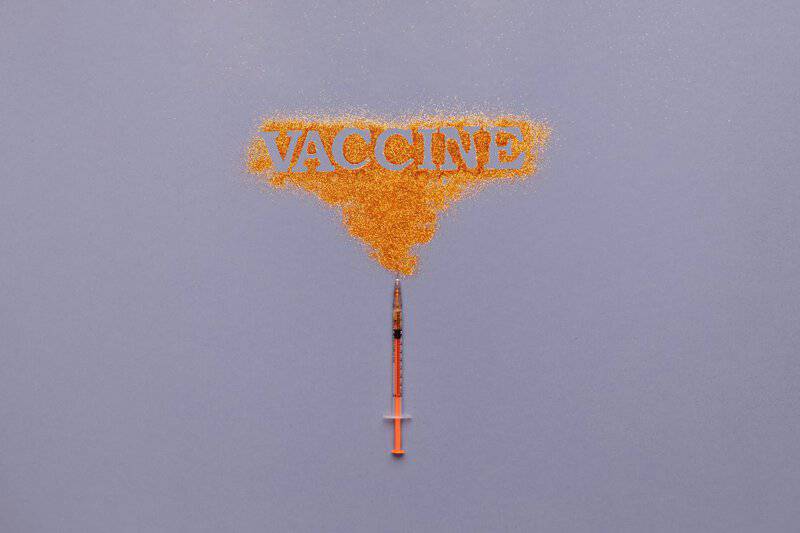
For the 2024-2025 season, COVID-19 vaccines were specifically updated to target the JN.1 Omicron lineage, ensuring protection against the most prevalent strains. The CDC recommends these updated vaccines for all adults, especially those at higher risk. Staying current with vaccination keeps communities safer and strengthens collective immunity as the virus evolves.
12. Misinformation Drives Hesitancy

Recent research published in Scientific Reports demonstrates that exposure to conspiratorial misinformation directly reduces vaccine acceptance. Misinformation spreads rapidly and can undermine public confidence in lifesaving immunizations. This underscores the necessity of relying on credible, science-based sources to guide personal and community health decisions in an era of information overload.
13. Vaccines Drastically Reduce COVID-19 Deaths

Real-world monitoring data consistently reveal that vaccinated individuals are far less likely to die from COVID-19 than their unvaccinated peers. The CDC’s Vaccine Safety reports affirm that vaccines significantly lower the risk of severe outcomes, including hospitalization and death. As a result, communities with higher vaccination rates experience dramatically fewer fatalities, highlighting the life-saving power of immunization in the ongoing pandemic.
14. Vaccine Safety Monitoring Is Rigorous

Vaccine safety does not end at approval. Continuous review by organizations like the CDC, FDA, and global health agencies ensures any potential risks are quickly detected and addressed. Robust surveillance systems make vaccines among the most closely monitored medical products in the world.
15. No Evidence for “Overloading” the Immune System

Scientific research and the CDC confirm that receiving multiple vaccines at once does not “overload” or weaken the immune system. In fact, children and adults encounter far more antigens daily in their environment than in any vaccine schedule, making this myth scientifically unfounded.
16. Ingredients in Vaccines Are Safe and Transparent

All vaccine ingredients are publicly disclosed and rigorously tested for safety before approval. Common components include small amounts of antigens, stabilizers, and preservatives, all of which have been extensively studied and monitored. Fears about “toxins” or hidden substances are not supported by evidence. The CDC’s official ingredient lists provide full transparency and clear explanations for every vaccine component used.
17. Allergic Reactions Are Extremely Rare

Serious allergic reactions to vaccines, such as anaphylaxis, are exceptionally rare—occurring at a rate of about one in a million doses, according to the CDC. Vaccination sites are prepared with monitoring protocols and emergency treatment to ensure immediate response, making vaccination a safe choice for the vast majority of people.
18. Vaccines and Autism: The Myth Persists

Despite overwhelming scientific evidence to the contrary, the myth linking vaccines to autism continues to circulate. Extensive research involving hundreds of thousands of children has found no connection between any vaccine and autism spectrum disorder. The CDC and numerous peer-reviewed studies confirm this conclusion, making it clear that vaccines are not a cause of autism in children or adults.
19. Global Access Disparities Persist

While vaccine misinformation grabs headlines, a far more urgent global health issue remains: 2.2 billion people lack access to safely managed drinking water. According to WHO/UNICEF, addressing basic needs like clean water is a fundamental step toward improving global health—underscoring the real challenges beyond vaccine myths.
20. Scientific Consensus Endorses Vaccines
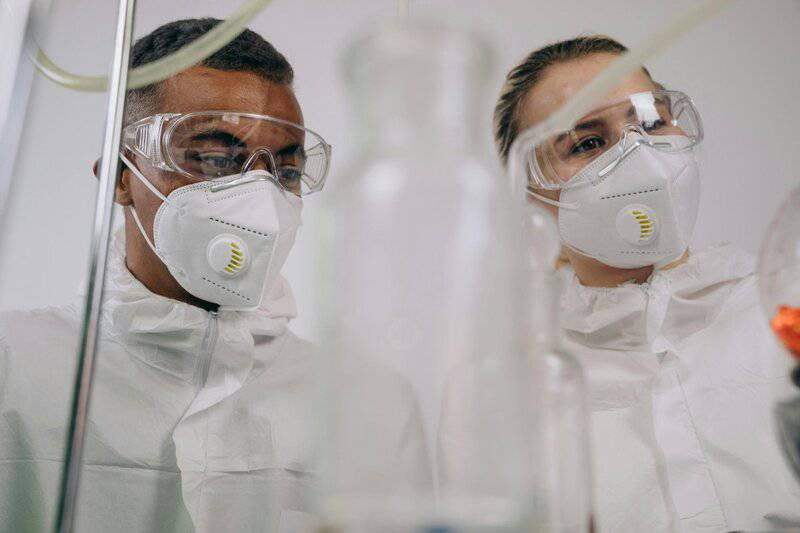
There is overwhelming consensus among scientists, physicians, and global health agencies that vaccines are safe, effective, and essential for disease prevention. Ongoing research, continuous safety monitoring, and global oversight by organizations like the CDC and WHO reinforce this stance. Vaccines remain a cornerstone of modern medicine, saving countless lives every year.
21. Vaccination Is a Public Good
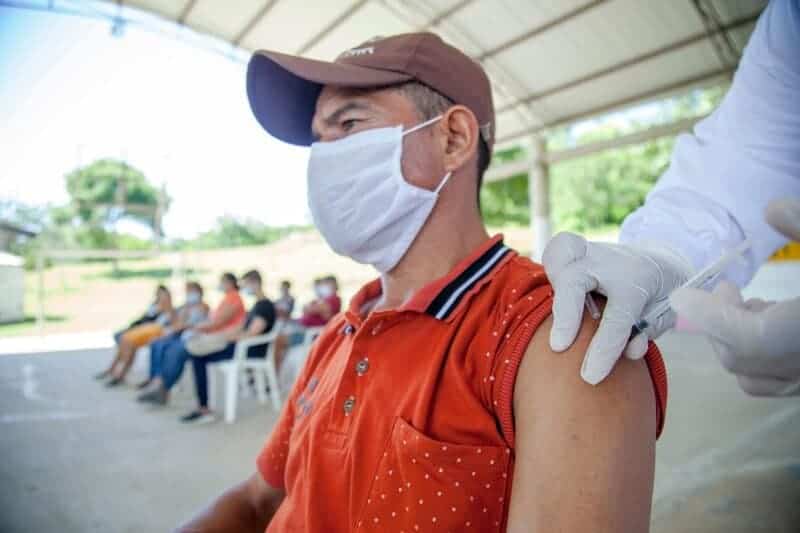
Vaccination is not just a personal health choice—it’s a public good that protects society’s most vulnerable, including infants, the elderly, and those with weakened immune systems. By maintaining herd immunity, communities prevent the spread of dangerous diseases. Historical and recent data confirm that high vaccination rates are crucial to safeguarding public health.
Conclusion

In 2025, the weight of scientific evidence has thoroughly dismantled the most persistent anti-vax myths—from claims about infertility and DNA alteration to false links with autism and chronic illness. Every major health authority, including the CDC and WHO, reaffirms the safety and necessity of vaccines. Trusting evidence-based information is crucial not just for personal well-being but for the health of entire communities. Vaccination remains one of humanity’s greatest tools for saving lives and protecting the vulnerable.

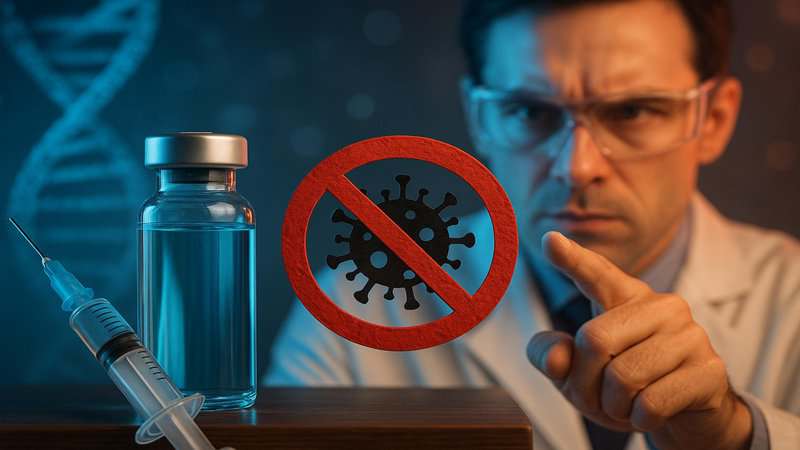

Vielleicht interessiert es Sie:
13 Extraordinary Giants Ready to Blow Your Mind! 🌍
10 Chonky Oddities That Will Leave You Speechless! 🤯
9 Unbelievable Absolute Units That Will Leave You Speechless! 🌟
10 Colossal Creatures That Will Leave You Speechless! 🐻
12 Shocking Absolute Units You’ll Have to See! 😲
12 Epic Absolute Units That Will Challenge Your Perceptions! 🔥
Uncover the 11 Ultimate Massive Oddities That Awe! 🌍
9 Unbelievable Oddities That Redefine ‚Massive‘! 🐉💎